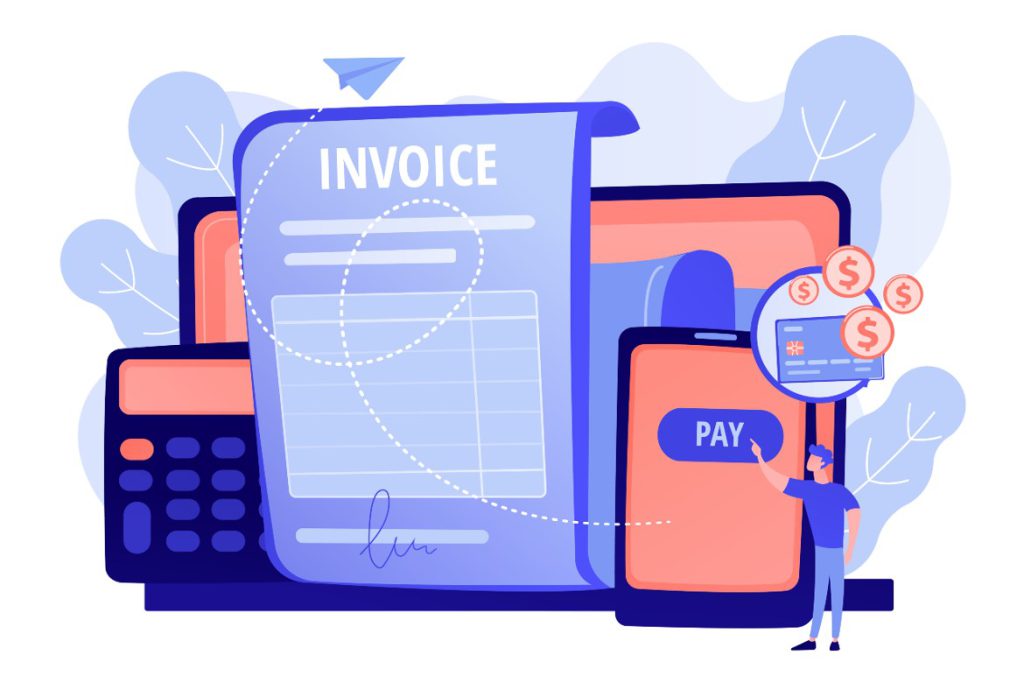Managing Finances as an IT Contractor
You’ve listened to my advice, you have read my blogs and you have made the leap into IT contracting. Life is good, you’re making more money, paying less taxes, and you’re getting all these benefits, but you want to make sure life stays good and keep that money coming in steady and prepared for any mishaps. Well, it’s time to read my new blog then, as today I’m talking about managing finances as an IT contractor. This isn’t advice to help you get rich quickly, unfortunately, if I knew that maybe I wouldn’t be writing this blog, but this is how to stay rich when you get rich advice, so let’s get into it!
Financial Management Services

You’ve gotten your new role as a contractor, but now there are taxes that you need to manage and input every month as you are working as a B2B contractor and sometimes this can be overwhelming and just confusing. The best piece of advice I can give you, if you are starting out in contracting, is to work with a contractor specialist accountant like Fenero or Icon. They take you through the process of what taxes you’d pay and they offer to look after these finances for you to ensure you are not accidentally evading tax as there is a lot of info to submit. They also advise you on where you can use the benefits the government offers such as financial relief for building your own home office!
These specialists know their stuff, so it’s definitely worth getting in touch with them to learn more about how to manage your finances and they are always readily available to help with any issues you may have. We always advise new contractors to get in touch with these people, as they do know their stuff extremely well!
Allocating funds

My next super valuable and amazing piece of advice is don’t get carried away when you get that first payment and see how much more money you’re making now. I’m not saying you’d get carried away like Jordan Belfort did in The Wolf of Wall Street, and I’m definitely not saying don’t treat yourself to something nice because I know that’s what I’d do, but as a contractor, while you are paying less in taxes, your trade-off is the lack of sick leave and annual leave which this extra money you are getting is supposed to cover.
What I suggest is to allocate a certain amount of money you make per month into a fund to cover annual leave and sick leave. I suggest building up five days of pay to be able to readily use if you were to get sick, as well as 20 days of pay to be able to use for annual leave. This is for a yearly basis, so if you are planning to take a week off, ensure you have 5 days of pay saved up so it still feels like you’re getting paid while on holiday and doesn’t leave you stuck at the end of the month not being able to enjoy yourself because you went wild and didn’t plan ahead.
Invoicing and Timesheets

As a contractor, invoicing and timesheets are how you’re going to be able to get paid in the first place, so stay on top of this! Otherwise, you’re going to have a lot of messages and calls looking for you to complete this and it just gives everyone a headache then.
I suggest you have a reminder set for the last day of every month to fill in the timesheet you are given by your company to fill out, from this it’s a great way to calculate what you will be making for the month! After the timesheet is sent, if you are working with an accounting company like Fenero or Icon, they can help with sending out invoices, but if you don’t, it’s easy enough to calculate what you’re owed after you’ve counted the days worked and there are so many invoice templates online for you to utilise to make it easy for you to send across an invoice and boom problem solved. The money will be in the account soon!
Once you are on top of this process, it’s easy to maintain and a great way to know how to budget for the following month!
Saving

Image by storyset on Freepik
I’m not great at saving personally, as ironic as it is as I promote saving, but it is so important within contracting to be able to save. Contracts may be 6 months long and if there is ever an instance where there’s a few weeks you are out of work in between contracts, saving will be so important. It’ll ensure that you can live comfortably and take those few weeks off and even have a mini holiday.
The 50/30/20 rule can be so helpful month on month to be able to build this savings if there is ever a time you may need to take a few weeks off. 50% of your earnings go to needs such as rent, 30% of your earnings go to wants, such as that PS5 you really wanted to get, and 20% goes to saving. Simples! On top of this, with us now being adults needing to be concerned about retirement, it may also be a good idea to set aside 5% of your earnings per month into a retirement plan before you allocate the rest of your earnings accordingly.
Honestly, it’s not rocket science and these are quite general tips that can be used for anybody. However, within the realm of contracting, they take on added importance. The nature of contracting requires a heightened awareness of earnings and financial management.
Once you have all of this down to a tee in terms of the management of your finances and have a sturdy plan in place, you’ll be laughing and living it up! Contracting is extremely exciting when it comes to making money, but let’s also make sure that you hold onto that money for a better and more comfortable future!
If you do have any questions as well, please don’t be afraid to get in touch, I’m here to help. Hope you enjoyed this and enjoy all that money!
Cover image credit: Image by vectorjuice on Freepik
